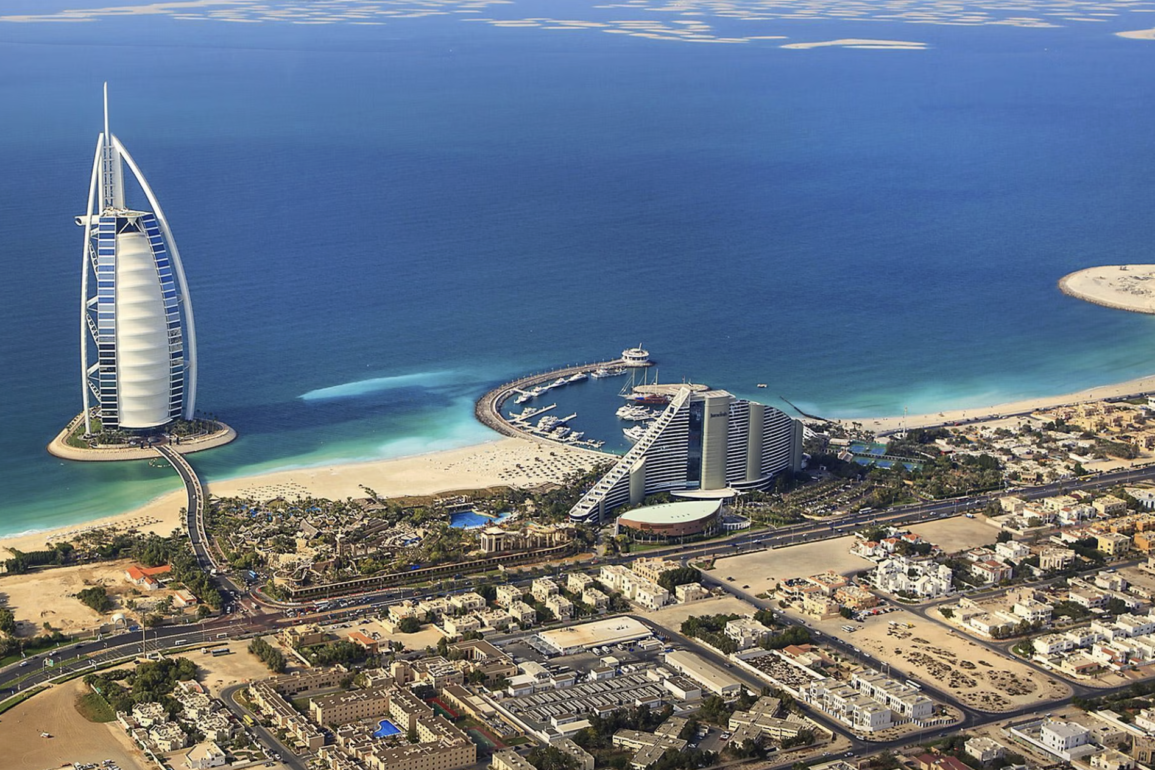In a move that underscores the Gulf’s growing role as a financial bridge for emerging markets, Verto, a global B2B payments platform that processes more than $25 billion annually, has launched operations in the United Arab Emirates. The expansion aims to modernize the flow of cross-border business payments between the UAE and Africa, two regions increasingly tied by trade, logistics, and investment.
Verto’s entry into Dubai marks a significant moment for Gulf-based businesses trading with the African continent, particularly Kenya, Nigeria, and South Africa, which are key anchors in the UAE’s $64 billion annual trade with Africa. By streamlining transactions across these corridors, Verto hopes to solve a persistent pain point in regional commerce: the slow, costly, and opaque transfer of funds between African and Middle Eastern financial systems.
“The UAE is a pivotal hub for global commerce, and businesses here demand solutions as dynamic as their operations,” said Helen Ghebreluul, Verto’s UAE Country Manager. “Our platform is built to handle the high-value, time-sensitive nature of these transactions, particularly in emerging markets in Africa. We are not just a service; we are a critical partner, ensuring that a company’s payments move as fast and reliably as their business.”
From Dubai’s Jebel Ali Port to Kenya’s Mombasa docks, cross-border trade between the Gulf and Africa is expanding rapidly, spanning sectors such as energy, food security, logistics, and construction. Yet traditional banking systems have often lagged behind — plagued by limited currency corridors, unpredictable settlement times, and high transaction costs.
Verto’s digital infrastructure aims to bridge that gap. For Kenyan importers, exporters, and multinationals operating in the Gulf, the platform offers instant or near-instant payments, transparent foreign exchange management, and end-to-end traceability, transforming how funds move between the two regions.
“Businesses are the lifeblood of global supply chains, but they face constant challenges from currency volatility and slow, traditional payment systems,” said Ola Oyetayo, CEO and Co-founder of Verto. “Verto empowers these businesses by giving them the tools to mitigate FX risk, accelerate settlements, and optimize their cash flow. We believe in providing global reach with local strength, leveraging our expertise in key emerging markets to ensure that wherever a company’s goods go, their payments follow instantly and securely.”
The company’s multi-currency accounts, Auto Exchange feature, and real-time tracking are designed to reduce the friction that has long characterized African-Gulf trade. For instance, firms in Nairobi or Lagos can lock in favorable exchange rates, execute instant settlements in dirhams, and monitor transactions through a single digital dashboard — eliminating delays that often paralyze supply chains.
Licensed by the Dubai Financial Services Authority and headquartered at the Emirates Financial Tower in the DIFC, Verto’s UAE base will serve as a regional command center for the Middle East and North Africa. The company plans to expand its team and deepen collaboration with banks, logistics companies, and Gulf-based importers to bolster Africa-Gulf financial integration.
As trade between the Gulf and Africa accelerates, projected to grow by 15% annually through 2030 pl,atforms like Verto are becoming essential to sustaining that momentum. For many African businesses, this isn’t just about faster payments; it’s about inclusion in a financial network that now runs through the heart of the Gulf’s global economy.




